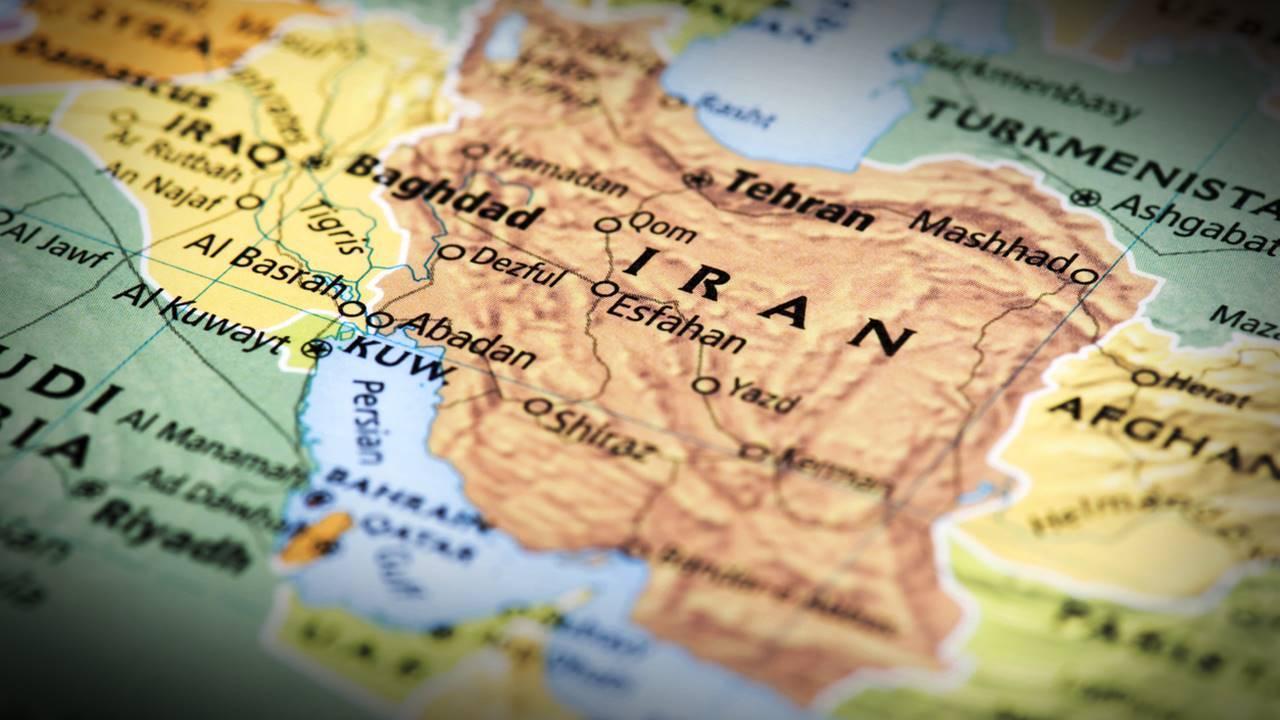It remains unclear what chemical might have been used, if any. No one has claimed the attacks and authorities have not identified any suspects

Map of Iran; used for representational purpose. Pic/istock
The UN cultural agency on Wednesday expressed concern about the suspected poisoning of thousands of schoolgirls across Iran and called for investigations. Thousands of students across hundreds of mostly girls' schools have reported being sickened by toxic fumes in incidents going back to November. There have been no fatalities.
It remains unclear what chemical might have been used, if any. No one has claimed the attacks and authorities have not identified any suspects. Unlike neighbouring Afghanistan, Iran has no history of religious extremists targeting girls' education.
UNESCO "urges thorough investigations and immediate actions to protect schools and facilitate the return of affected students," the agency tweeted. "I am deeply concerned about the reported poisoning of schoolgirls in Iran over the past three months. This is a violation of their right to safe education," UNESCO head Audrey Azoulay said.
Iranian officials say they are investigating the incidents, and Supreme Leader Ayatollah Ali Khamenei has called for anyone found responsible to be severely punished.
But authorities have also further tightened restrictions on independent media, arresting journalists, activists and others for speaking about the alleged poisonings.
That has made it difficult to determine the scope and nature of the crisis.
Iran was already heavily restricting media amid waves of anti-government protests in recent months that were sparked by the September death of a young woman who was detained by the morality police.
Also read: Those who poisoned schoolgirls deserve death: Iran’s supreme leader Khamenei
Iran's clerical rulers force women to dress conservatively and cover their hair in public but have never objected to women's and girls' education. Some Iranian officials have suggested, without evidence, that the protests and the allegations of poisoning are part of a foreign conspiracy to foment unrest.
Videos circulated online appeared to show teachers protesting over the suspected poisonings in several cities on Tuesday. Iran's Interior Ministry meanwhile announced arrests in six provinces linked to the suspected poisonings.
But its statement focused on an individual accused of making a video that was sent to "hostile media" and said three others were active in recent protests.
Iran has described some of the alleged poisonings as episodes of "hysteria."
The World Health Organisation documented a similar phenomenon in Afghanistan from 2009 to 2012, when hundreds of girls across the country complained of strange smells and poisoning.
No evidence was found to support the suspicions, and WHO said it appeared to be a "mass psychogenic illness."
This story has been sourced from a third party syndicated feed, agencies. Mid-day accepts no responsibility or liability for its dependability, trustworthiness, reliability and data of the text. Mid-day management/mid-day.com reserves the sole right to alter, delete or remove (without notice) the content in its absolute discretion for any reason whatsoever.
 Subscribe today by clicking the link and stay updated with the latest news!" Click here!
Subscribe today by clicking the link and stay updated with the latest news!" Click here!










